Farm & Ranch
[AgriLife Today] Urban Quail Appreciation Day set March 29 in Fort Worth
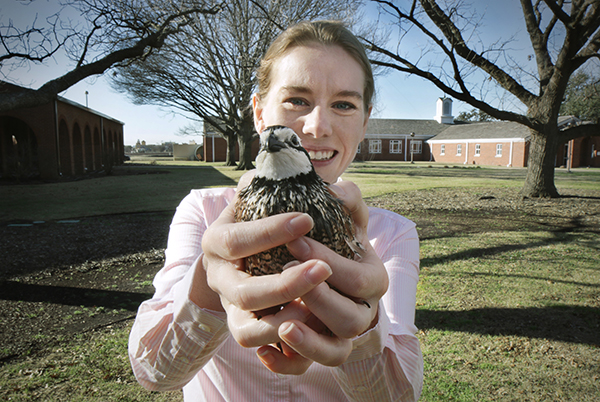
By Gabe Saldana
Writer: Gabe Saldana, 956-408-5040, [email protected]
Contacts: Amanda Gobeli, 720-333-6224, [email protected]
Dale Rollins, 325-653-4576, [email protected]
FORT WORTH – Urban Quail Appreciation Day, March 29, aims to inform North Texans about the value of one of the state’s most popular game birds and what people can do to help reverse declining quail populations, organizers said.
“Quail populations in Texas, especially among the northern bobwhite, have declined significantly in the last 40 years,” said Dr. Dale Rollins,Texas A&M AgriLife Extension Service wildlife specialist in San Angelo and executive director of Rolling Plains Quail Research Foundation.
The appreciation day runs from 8:30 a.m.-4 p.m. at the Botanical Research Institute of Texas, 1700 University Drive, Fort Worth.
“Because they live their lives within roughly 20 city blocks, changes to quail environments can affect them drastically,” Rollins said.
He said the event is designed to inspire habits that stakeholders can implement to protect natural quail environments.
An interactive discussion on Texas quail on site will feature Kirby the Quail, a tamed northern bobwhite, and his handler, Amanda Gobeli, Texas A&M Natural Resources Institute associate in Dallas.
“Kirby has toured the state helping to highlight the importance of conserving quail populations,” Gobeli said. “People’s connection to Kirby becomes tangible when they interact with him, and they tend to take a stronger interest in how their behaviors affect quail like Kirby.”
The event will include discussions on quail ecology and management, a guided anatomy lesson, activities to help people “think like a quail” and interactive discussions using Kirby as an example.
The event is held by Texas A&M AgriLife Extension Service, Texas Wildlife Association, Texas Parks and Wildlife Department, Reversing the Quail Decline in Texas initiative and Quail Coalition. Proceeds for the event benefit Rolling Plains Bobwhite Brigade, a wildlife leadership camp for youth, organizers said.
Early registration is $10 at http://bit.ly/2HqO44l or $20 at the door. Lunch is included.
-30-
Find more stories, photos, videos and audio at http://today.agrilife.org
Farm & Ranch
Managing Show Cattle Through The Winter

By Heather Welper
Husband and wife duo, Heather and Calvin Welper, are the Co-Owners and Operators or Two C Livestock, located in Valley View, Texas.
The pair’s operation has a show cattle focus where they raise and sell purebred heifers of all breeds and club calf Hereford steers.
When it comes to show cattle, the Welpers know a thing or two including how to prepare for the cold winter months and the Texas major show season run.
To read more, pick up a copy of the November edition of North Texas Farm & Ranch magazine, available digitally and in print. To subscribe by mail, call 940-872-5922.
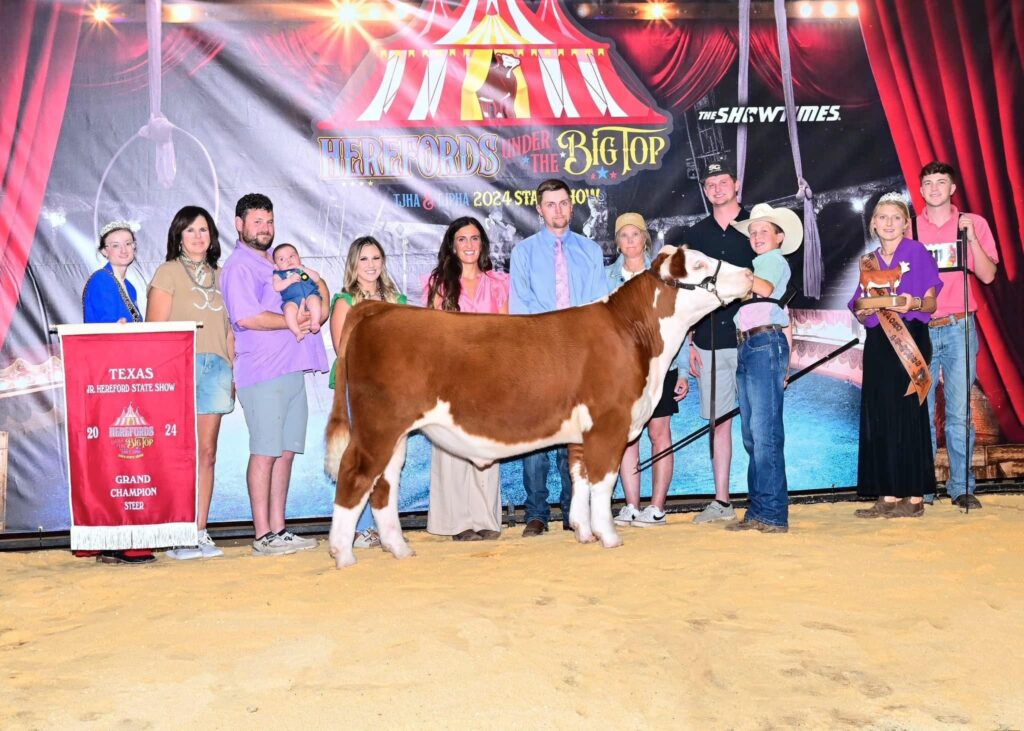
Farm & Ranch
Double M Ranch & Rescue

By Hannah Claxton, Editor
As the sun rises each day, so do the dozens of mouths that Meghan McGovern is responsible for getting fed. Rather than the sounds of a rooster crowing, McGovern hears the bellows and bleats of a variety of exotic deer, the chortle of kangaroos, the grunts of water buffaloes, and the chirps of a lemur.
Nestled against the banks of the Red River, the Double M Ranch and Rescue, with its high game fences and deer sprinkling the landscape,s its in stark contrast to the surrounding ranches.
“Having deer is kind of like eating potato chips- you can never actually have just one,” said McGovern with a laugh.
McGovern has several herds to take care of- fallow deer, axis deer, water buffalo, goats, and bison. In smaller numbers, there’s also a few kangaroos, a lemur, a potbelly pig, a pair of zebras, a watusi, and a few horses.
To read more, pick up a copy of the November edition of North Texas Farm & Ranch magazine, available digitally and in print. To subscribe by mail, call 940-872-5922.
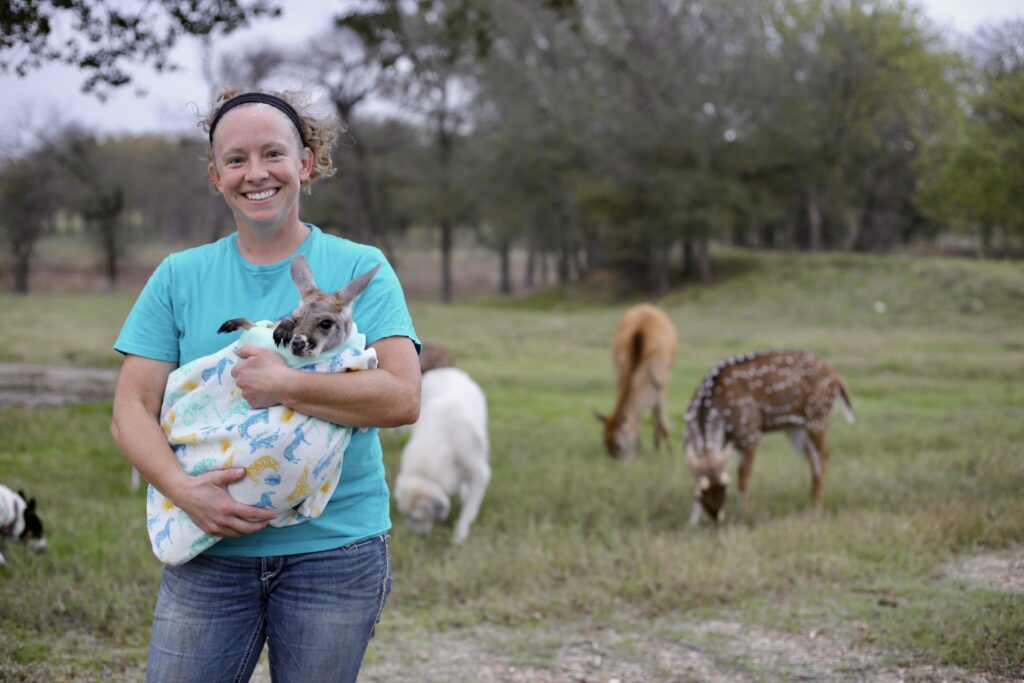
Farm & Ranch
Acorn Toxicity
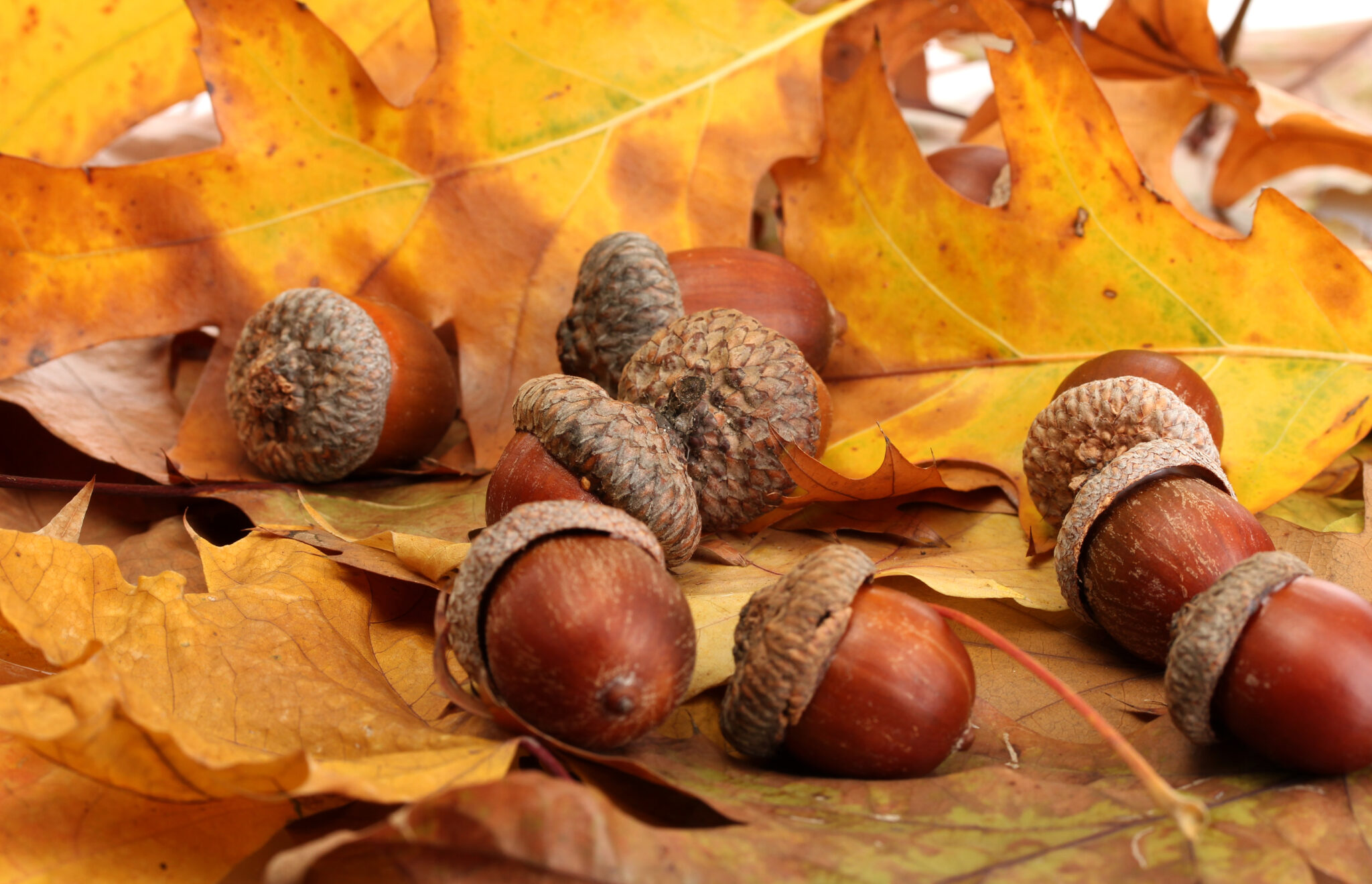
By Barry Whitworth, DVM, MPH
With the prolonged drought, most pastures in Oklahoma end up in poor condition. With the lack of available forage, animals may go in search of alternative foods.
If oak trees are in the pastures, acorns may be a favorite meal for some livestock in the fall. This may result in oak poisoning.
Oak leaves, twigs, buds, and acorns may be toxic to some animals when consumed.
To read more, pick up a copy of the November edition of North Texas Farm & Ranch magazine, available digitally and in print. To subscribe by mail, call 940-872-5922.
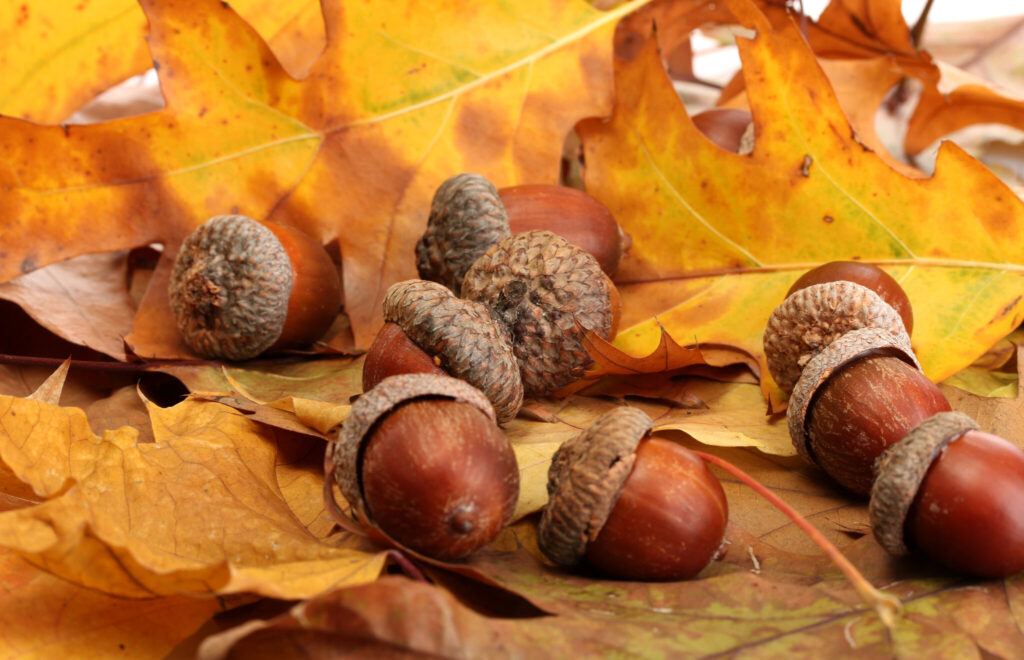
-

 Country Lifestyles2 years ago
Country Lifestyles2 years agoScott & Stacey Schumacher: A Growth Mindset
-

 Country Lifestyles8 years ago
Country Lifestyles8 years agoStyle Your Profile – What your style cowboy hat says about you and new trends in 2017
-

 HOME8 years ago
HOME8 years agoGrazing North Texas – Wilman Lovegrass
-

 Outdoor10 years ago
Outdoor10 years agoButtercup or Primrose?
-

 Country Lifestyles5 years ago
Country Lifestyles5 years agoAmber Crawford, Breakaway Roper
-

 Country Lifestyles9 years ago
Country Lifestyles9 years agoJune 2016 Profile – The man behind the mic: Bob Tallman
-

 Country Lifestyles8 years ago
Country Lifestyles8 years agoDecember 2016 Profile, Rusty Riddle – The Riddle Way
-

 Equine1 year ago
Equine1 year agoThe Will to Win




